
Novartis expands its immunology pipeline with the Tourmaline acquisition and tests direct-to-patient model to reshape drug manufacturing strategies.
Feliza Mirasol is the science editor for BioPharm International.

Novartis expands its immunology pipeline with the Tourmaline acquisition and tests direct-to-patient model to reshape drug manufacturing strategies.
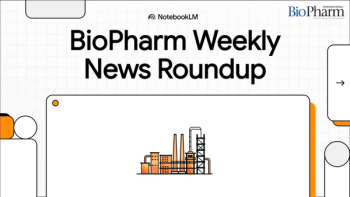
This week’s roundup highlights US manufacturing localization via tariffs, Pfizer’s $4.9 billion deal, and new tech in CRISPR, RNA, and continuous processing.

The new protein-based HDR enhancer aims to improve CRISPR precision for advancing cell and gene therapy development workflows.

BIO-Europe 2025 in Vienna will gather global biopharma leaders to explore investment, manufacturing, and rare disease innovation.

RION partners with Lonza for CGMP manufacturing of PEP, advancing exosome drug development and scalable biopharma production.

Pfizer will expand its obesity drug pipeline with Metsera’s clinical incretin and amylin programs, highlighting advances in biopharma development and manufacturing.

New GS knockout CHO-K1 systems accelerate biologics manufacturing by improving yields, scalability, and flexibility for biopharma development programs.
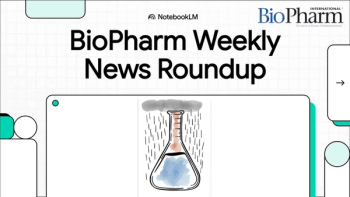
Regulatory crackdowns on risk disclosure rise, policy instability affects public health, and drug innovation focuses on advanced therapies and AI-driven discovery.

ACIP votes to separate MMR and varicella vaccines (MMRV) for children to cut febrile seizure rates.

CPHI Pharma Awards 2025 highlight breakthroughs in bio/pharma technology, sustainable manufacturing, and industry leadership.

The Phase IIa trial will further explore the EP4 antagonist HTL0039732 in combination with immunotherapy to improve outcomes in resistant solid tumors and expand treatment options.
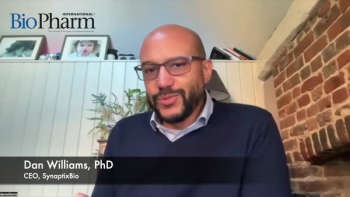
SynaptixBio CEO Dan Williams discusses how small biotechs drive rare disease innovation with genetic research, partnerships, and patient advocacy in a third interview installment.

CSL will fund Phase III clinical development of VMX-C001 with an option to acquire VarmX.

A collaboration between Limula and Institut Paoli-Calmettes aims to advance automated stem cell transplant processing to improve cryoprotectant removal, enhance patient outcomes, and streamline manufacturing.

Novartis and Monte Rosa expand collaboration using AI-driven molecular glue degraders to advance drug development for immune-mediated diseases.
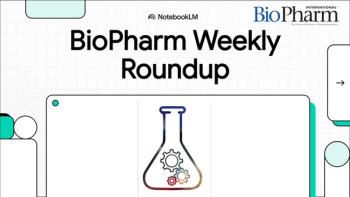
FDA transparency, AI in manufacturing, automation for quality, and cell/gene therapy advancements are driving the biopharma industry forward.

Optimizing FDA 483 responses with strategic CAPA creates resilient quality compliance in biopharma manufacturing.

Automated facility upgrades for cell therapy enhance quality assurance, ensure regulatory compliance, and boost operational efficiency by minimizing manual risks.

Strategic AI integration in bio/pharma manufacturing enhances GxP compliance, quality, and operational efficiency through robust governance and risk management.

Data integrity and quality are paramount for drug discovery, manufacturing efficiency, regulatory compliance, and patient safety.

Integra has secured €10.7 million (US$12.6 million) in funding for its FiCAT gene writing platform to enhance precise DNA integration for CAR-T engineering and rare disease therapy development.

Experts to share strategies on scale-up, process intensification, and data-driven methods shaping future stem cell manufacturing and therapies.

This collaboration between Andelyn Biosciences and Tern Therapeutics moves the gene therapy TTX-381 closer to approval for treating vision loss linked to CLN2 Batten disease.
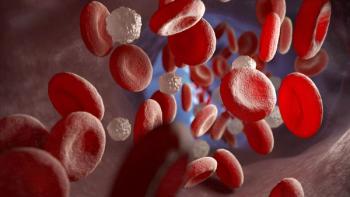
FDA’s fast track designation may speed VMX-C001’s application review, addressing urgent surgery needs in patients on Factor Xa anticoagulants.
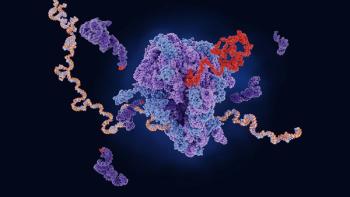
A joint venture between the two entities will integrate mRNA synthesis, LNP formulation, and clinical testing to speed therapies from plasmid design to first-in-human trials.

Aptamer will create Optimer binders for Invizius’ H-Guard technology to enhance complement-targeting therapies for safer, more precise treatments for immune disorders.

The partnership expands patient access in MENA by localizing biosimilar manufacturing and distribution for gastro, neuro, and dermatology treatments.

The acquisition expands tubular glass vial and ampoule capacity, expanding ready-to-use glass packaging capabilities in Europe.
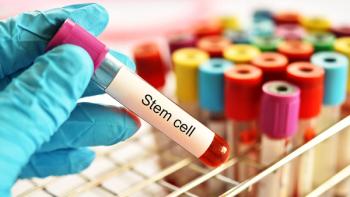
EC clears ExCellThera’s Zemcelpro, a cord blood–based stem cell therapy that offers transplant access to blood cancer patients lacking suitable donors.
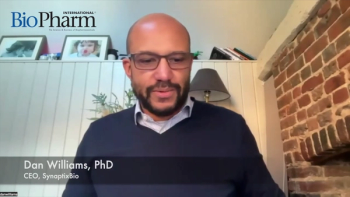
SynaptixBio CEO Dan Williams notes how rare-disease drug development is advancing on the back of FDA incentives, priority review vouchers, and a growing recognition of unmet needs.